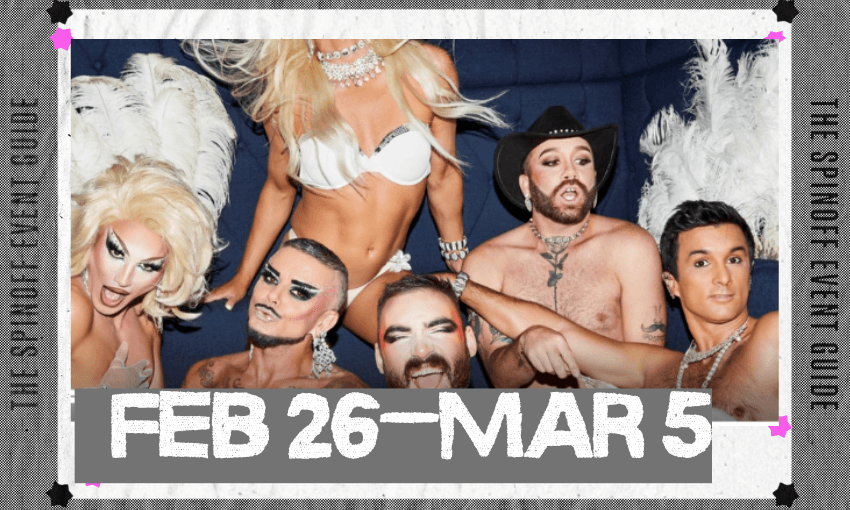Tonight on The Project between burger talk and Hanson, Jesse Mulligan addressed a savage monologue to the Prime Minister of New Zealand. Here it is, transcribed for your eyes.
I saw something on Twitter from the Prime Minister. I know what you’re thinking – historically, Bill English’s Twitter account has not been a very reliable source. But I happen to know Bill English said this one, because he was quoting himself from a speech he made at this weekend’s party conference:
I immediately thought ‘well there’s something not right about that’, and not just because it sounds like a slogan for Domino’s pizza. What made me really think about it was when someone put Bill English’s tweet next to a tweet from Jackie Clark.
Jackie’s been on our show before. She helps out homeless people and she helps out women escaping violent relationships. Her tweet was asking if anyone in Auckland could help out with sleeping bags for three people she knows who are going to be sleeping behind a church tonight. So I know for a fact the government isn’t delivering for those three people – Antoinette, Ray and Joseph.
And I’m sort of confident that most of those 4000 New Zealanders living on the street would say that they don’t think that the government is delivering for them either. Then I remembered a graph I’d seen in The Economist that said we’re now the worst country in the OECD for housing affordability. I thought, ‘if I was looking for my first home right now, and I found out that I would literally be better off in any other country in the Western world, I reckon I’d be a bit sceptical about whether the National government was delivering for me, too’.
And how about the parents of teenagers who have killed themselves this year? How would they feel reading that tweet? You don’t need me to tell you that New Zealand has one of the worst youth suicide rates in the world. And by the way, in case you think I’m taking sides here, let me just mention the Labour party’s massive Facebook blunder last week, where they tried to link the suicide rate to rising immigration. Anyway, that’s a rant for another time.
Let’s get back to that tweet. Respectfully, I would say to the Prime Minister tonight: if you want to stand up at your party conference and talk about your successes, then talk about economic growth, talk about the surplus, talk about the number of tourists who want to come here and the number of migrants who want to stay here. Talk about unemployment being low and exports being high, how our Sauvignon Blanc is the best in the world and how Peter Burling is an absolute legend.
But don’t say this government is delivering for all New Zealanders, when what you mean is that it’s delivering for all New Zealanders except the poor, the homeless, the first home buyers, the people suffering depression and mental illness and the one hundred young New Zealanders who take their lives each year.
But of course, that’s a bit long for a tweet.
The Project airs on Three, 7pm every weeknight
This content, like all television coverage we do at The Spinoff, is brought to you thanks to the excellent folk at Lightbox. Do us and yourself a favour by clicking here to start a FREE 30 day trial of this truly wonderful service.



